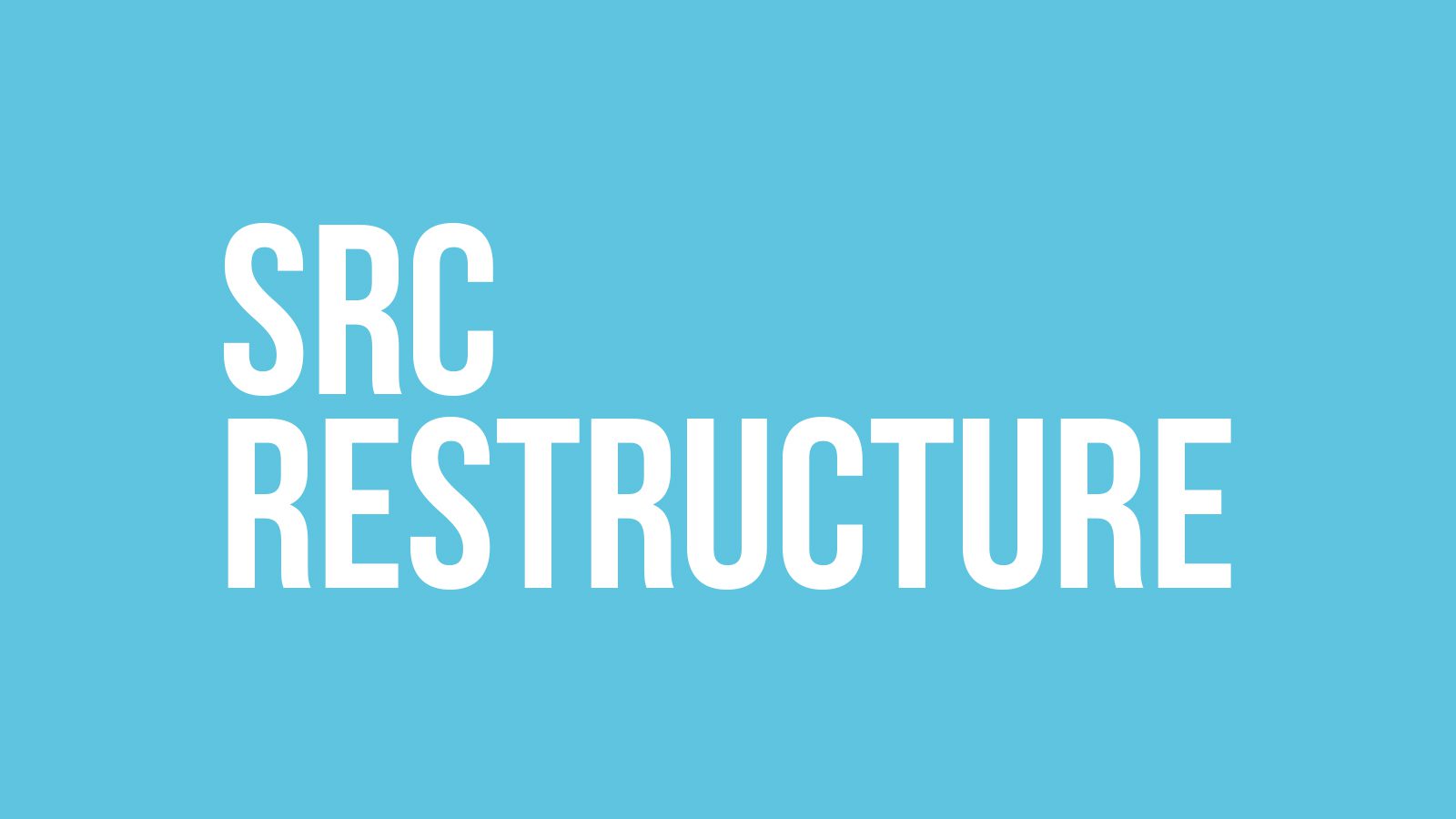
Statement on Framework for Sustainability and Success of Scotland’s Universities
We are now 15 months into a financial crisis at the University of Dundee, but the roots are much longer and go beyond recent years of local mismanagement.
Share:
DUSA Advice & Support service provides Dundee University Students with advice on all matters related to their academic student journey. This includes:
We can also help with other issues related to your academic life.
Our team is here to give students guidance on the University Regulations, appropriate steps to take, and support through the process.
If you would like to make an appointment with DUSA Advice, email advice@dusa.co.uk
At DUSA, we believe in fostering a community built on the principles of honesty, responsibility, and ethical behaviour. Academic integrity is the foundation of a thriving educational environment, where every student’s achievements are a true reflection of their efforts and abilities.
Academic misconduct encompasses actions that compromise the educational process and devalue the learning experience. This includes, but is not limited to, plagiarism, cheating, fabrication, and unauthorised collaboration/collusion. Such behaviours not only erode the trust within the academic community but also diminish the value of education for all.
Engaging in academic misconduct not only jeopardises your academic standing but also undermines the credibility of our institution. Consequences may include academic penalties, disciplinary actions, and termination of studies – leading to long-term impacts on your academic record.
Upholding Academic Integrity
We encourage every student to uphold the highest standards of academic integrity. This involves producing original work, citing sources properly, and adhering to the guidelines set forth by your instructors. Adhering to academic integrity is a commitment to personal growth, ethical conduct, and the preservation of the academic community’s integrity.
Types of Academic Misconduct:
Plagiarism: Presenting someone else’s work, ideas, or intellectual property as your own without proper citation.
Examples: Copying and pasting from online sources, using someone else’s essay or assignment, not citing sources.
Self-plagiarism: Re-using your own previously submitted work. You cannot be marked for your work you have already submitted and received grading on.
Cheating: Using unauthorised aids or methods to gain an unfair advantage in exams, quizzes, or assignments.
Examples: Looking at someone else’s paper during an exam, using cheat sheets, and unauthorised collaboration.
Fabrication: Creating or falsifying information, data, or sources to deceive instructors.
Examples: Making up references in a bibliography, fabricating research data, and inventing quotes.
Collusion: Collaboration with others (friends/classmates) when individual work is required.
Examples: Sharing answers with classmates when collaboration is prohibited, and working together on an assignment without permission.
Contract Cheating: Hiring someone else to complete academic work on your behalf.
Examples: Paying someone to write an essay, or using a professional service to complete assignments.
Unauthorised Access: Gaining unauthorised access to exam materials, teacher’s files, or confidential academic information.
Examples: Trying to gain access to exam questions, and stealing a copy of an upcoming test.
Academic Penalties
Grade reduction
Chance to resit capped at D3
Lowering of the overall course grade.
Failing the course may lead to having studies terminated
Disciplinary Actions
Formal warning
Penalisation
Academic probation, restricting access to certain privileges.
Suspension from the institution for a specific period.
Permanent Academic Record
A record of academic misconduct on your permanent academic transcript.
Difficulty in transferring credits to other institutions.
Adverse impact on future educational and career opportunities.
Cancellation of student visa, if an international student.
Understand Academic Policies
Familiarise yourself with the University of Dundee’s policies on academic misconduct. The University’s Academic Misconduct by Students Code of Practise can be found here: Referencing code of practice for students
Proper Citation and Referencing
Always give credit where it is due. Properly cite and reference all sources used in your work according to the required citation style. This includes paraphrasing, direct quotations, and referencing various sources appropriately.
Originality and Integrity
Produce original work that reflects your understanding and ideas. Avoid copying from sources without proper attribution and never submit work that is not your own.
Time Management and Avoiding Pressure
Manage your time effectively to avoid the temptation of taking shortcuts or resorting to unethical practices due to last-minute pressures. Procrastination can often lead to academic misconduct. The Academic Skills Centre provides some helpful advice on this.
Seek Clarification and Guidance
If you are unsure about what constitutes misconduct or have questions about citing sources or collaboration, seek guidance from your professors, academic advisors, or university support services. Clarity prevents unintentional violations.
Maintain Ethical Collaboration
When collaborating on assignments or projects, adhere to the guidelines set by your instructors. Clearly define the boundaries of collaboration and ensure that each member contributes fairly and ethically.
Awareness sessions: Join the informative sessions conducted by DUSA and the University of Dundee to understand the nuances of academic integrity and ways to avoid unintentional misconduct.
Academic Skills Centre: The Centre offers guidance on proper citation, paraphrasing, and other writing techniques to ensure your work is a true reflection of your understanding. Academic Skills Centre | University of Dundee, UK
University of Dundee: Code of Practice – Academic Misconduct by Students
University of Dundee: Guidance on the use of generative artificial intelligence for students
University of Dundee: Guidance on proofreading of written submissions for assessments
Academic Skills Centre: Guide to Collusion vs Collaboration
English for International Students courses | University of Dundee, UK
Library Services | University of Dundee, UK
VPA: Vice President of Academia – vpa@dusa.co.uk
DUSA Advice and Support: For any queries or concerns related to academic integrity, feel free to contact – advice@dusa.co.uk
Video Resources
Don’t Cheat yourself! – produced by CTIL, University of Dundee
Academic Integrity – produced by DUSA
An academic appeal is a request to review the decision of the Programme Assessment Board. This is a formal process, guided by specific regulations.
If you wish to appeal email advice@dusa.co.uk they can guide you through the process.
Refer to Appeals | University of Dundee, UK for more information on the grounds.
The University of Dundee puts students at the core of everything it does and aims to provide an environment that supports students to succeed.
Most students will go through their university journey without encountering any issues. However, unfortunately, things can go wrong. If you are dissatisfied with a service the University is delivering, unhappy with the delivery of your course or have been the victim of harassment, then you may raise a complaint with the University.
The University of Dundee has a Complaints Handling Procedure that you are invited to follow should you wish to submit a complaint. Any matter of complaint will be investigated through a fair, efficient and transparent process.
Further information on the complaints procedure is available:
https://www.dundee.ac.uk/governance/discipline-complaints-appeals/complaints
Dignity at work and study policy and procedures (harassment and bullying) | University of Dundee, UK
Informal Resolutions
Mitigating or extenuating circumstances refer to unforeseen or exceptional situations that significantly impact a student’s ability to meet their academic responsibilities. These circumstances could be health-related, personal, familial, or any other unexpected events that may affect a student’s well-being and academic performance.
Examples of Mitigating/Extenuating Circumstances:
Health Issues
Serious illness or injury affecting the student or their immediate family.
Mental health challenges that impact academic engagement.
Family Emergencies
Death or severe illness of a close family member.
Unforeseen family crises that require immediate attention.
Unforeseen Personal Challenges:
Sudden financial difficulties
Legal issues or unforeseen personal crises.
Recurring Circumstances:
Recurring circumstances
These refer to challenges that persist or recur over an extended period, impacting a student’s ability to consistently meet academic requirements. These may include
Chronic Health Conditions and ongoing health issues that require continuous management.
Family or Personal Struggles: Recurring family challenges or personal circumstances that persist throughout the academic year. Long-term Mental Health Conditions:
Persistent mental health conditions that require ongoing attention and support.
How to Address Mitigating/Extenuating Circumstances
Communication
Notify instructors as soon as possible when facing challenges.
Keep lines of communication open with academic advisors and support services.
Documentation
Provide appropriate documentation, such as medical certificates or official statements, to support your case.
Seeking Support
Utilise available support services, including counselling, health services, and academic advising.
Academic Accommodations
Work with instructors and relevant academic personnel in advance to explore potential accommodations, such as deadline extensions or alternative assessment methods.
You should seek support and guidance for ongoing circumstances as soon as possible. These are called recurring circumstances. Examples include:
Get help from Stay on Course if you are a student | University of Dundee, UK and they will help. If it is a disability-related issue then you should contactor Disability Services | University of Dundee, UK. These teams can work with you and your School to create a support plan that will provide you with ongoing support throughout your studies.
A student’s FTP is called into question when their professional behaviour falls below expected levels or where their health raises a serious or persistent cause for concern about their ability to continue on their course or to practise in their field after registration.
Vocational courses, such as Nursing, Midwifery, Veterinary, Occupational Therapy, Physiotherapy, Social Work and PGDE, carry with them expectations of professionalism and are covered by strict codes of conduct set by their professional bodies. Students in these courses must demonstrate that they are at all times in good health and of good character to pursue their studies and qualify. This means they must be fit to practise.
The day-to-day oversight of your adherence to professional standards is delegated to Dundee University whose job it is to prepare you for final registration. The University’s rules which cover breaches of professional standards are called Fitness to Practise Regulations.
If the University has concerns about your conduct, the Fitness to Practise regulations will be invoked. Concerns may arise from an incident that takes place within or outside the University.
Examples of students’ conduct that may raise concerns are:
Outcomes of the process range from verbal warnings to being withdrawn from the course. If you are called to a Fitness to Practise hearing, make an appointment with DUSA advice team: advice@dusa.co.uk
Resources:
dundee.ac.uk/governance/discipline-complaints-appeals/fitness-practise
dundee.ac.uk/corporate-information/fitness-practise-procedure
Login to evision -My Student profile – Course/Programme Information – Locate the name of your Advisor
You can find out who your Adviser is through eVision. They are there to help you understand and navigate your academic journey through the University. They may also be able to help you with wider, non-academic concerns (which may cross over with academic concerns) by signposting you to relevant support available.
As a minimum, your adviser of studies should meet with you once during the welcome week a further two times during the 1st semester AND once in each of the following semesters.
Any issues with this contact your school office.
Changing/Leaving Your Course
Check if any changes to your course will affect your Student visa status.
dundee.ac.uk/guides/changing-your-course-or-study-method
Resits, resubmissions and repeats
Find out how resits, resubmissions and repeats can have implications on your student visa status. –dundee.ac.uk/guides/resits-resubmissions-and-repeats

We are now 15 months into a financial crisis at the University of Dundee, but the roots are much longer and go beyond recent years of local mismanagement.


This year, the SRC looks a little different. We’ve had some students reach out with questions about the restructure, so we want to explain what’s changed and why.
DUSA Volunteers are more than just a group of individuals working together – it’s a family where students find a sense of belonging and discover the true value of community.